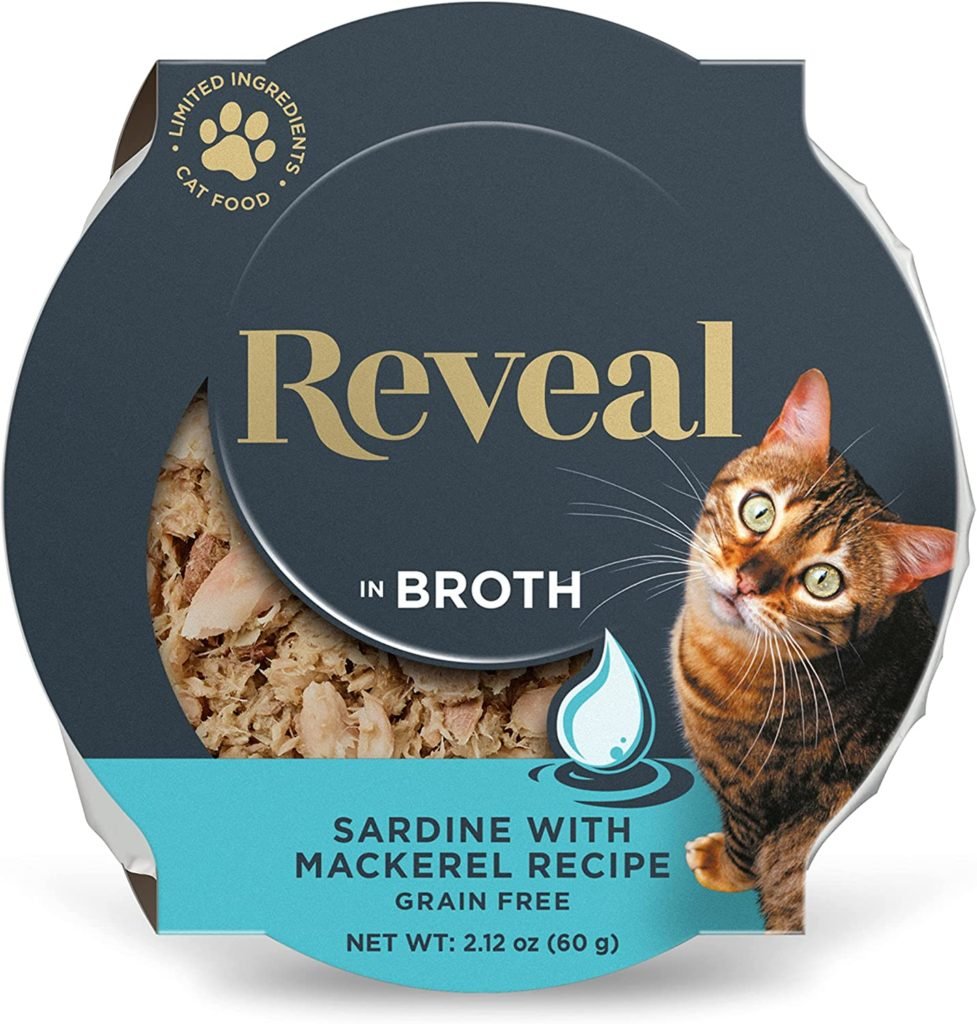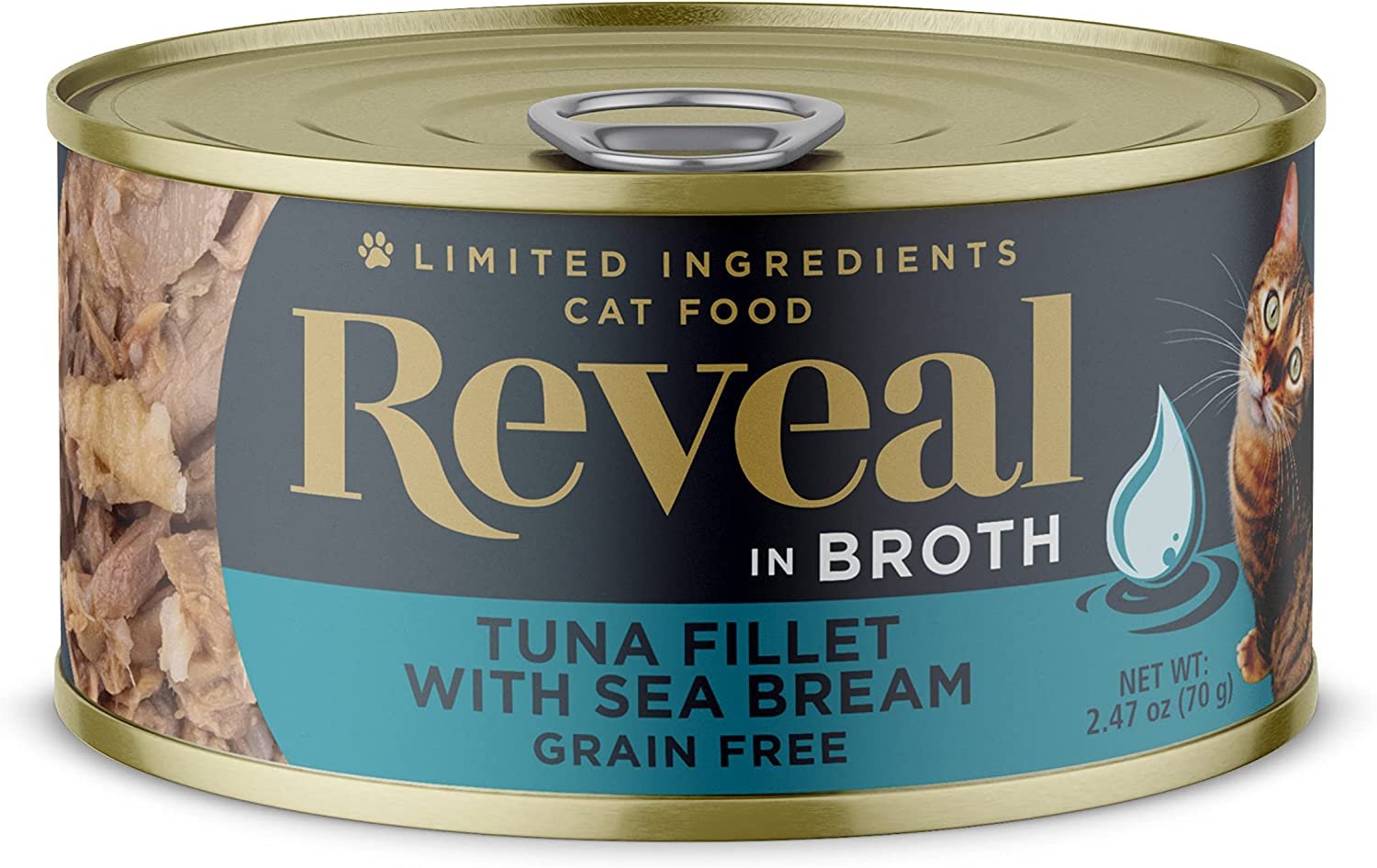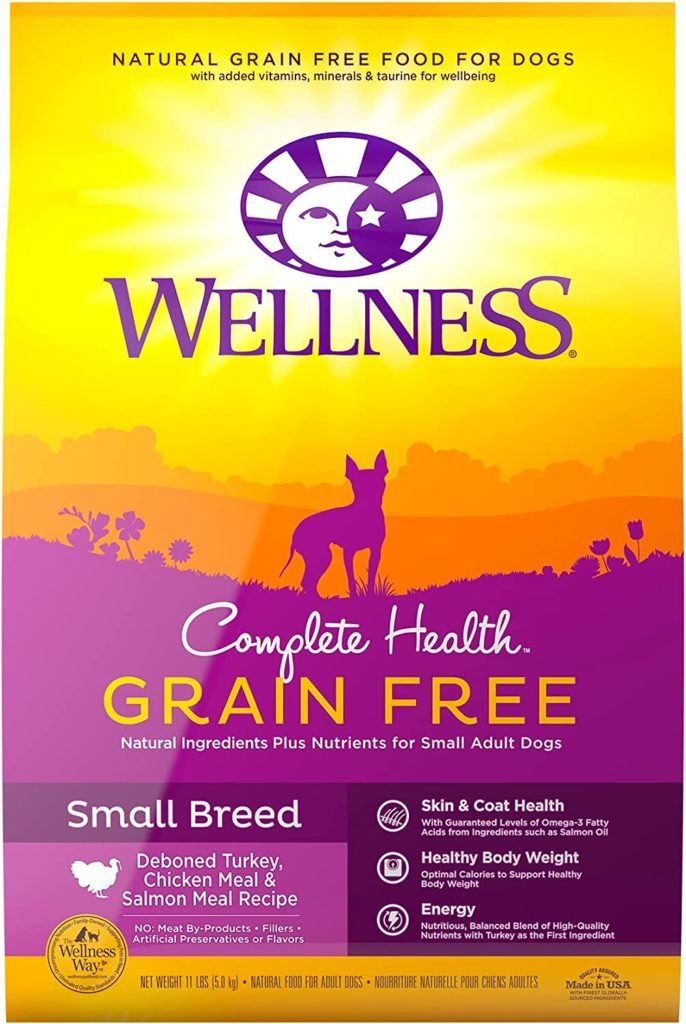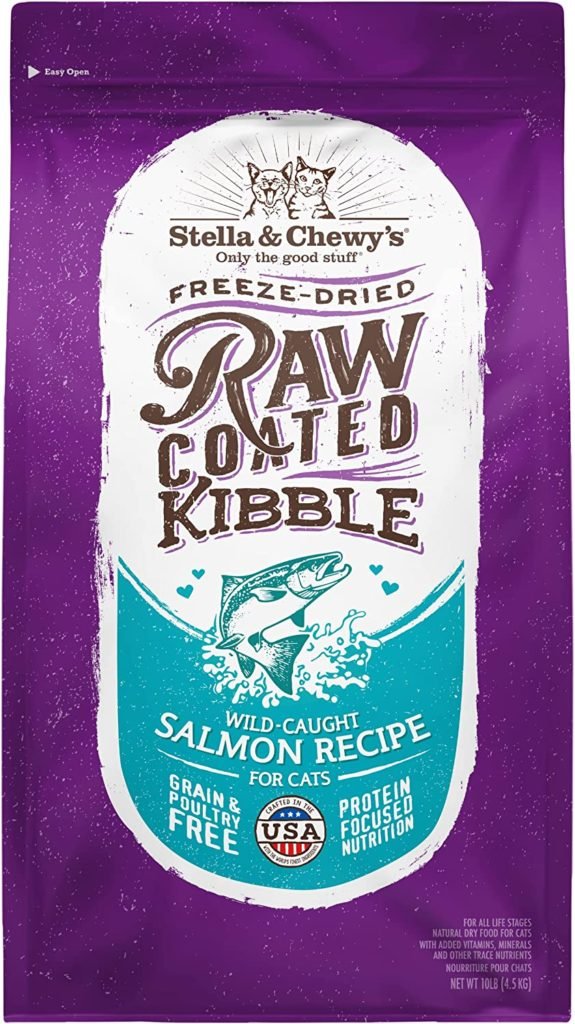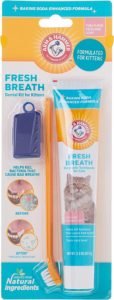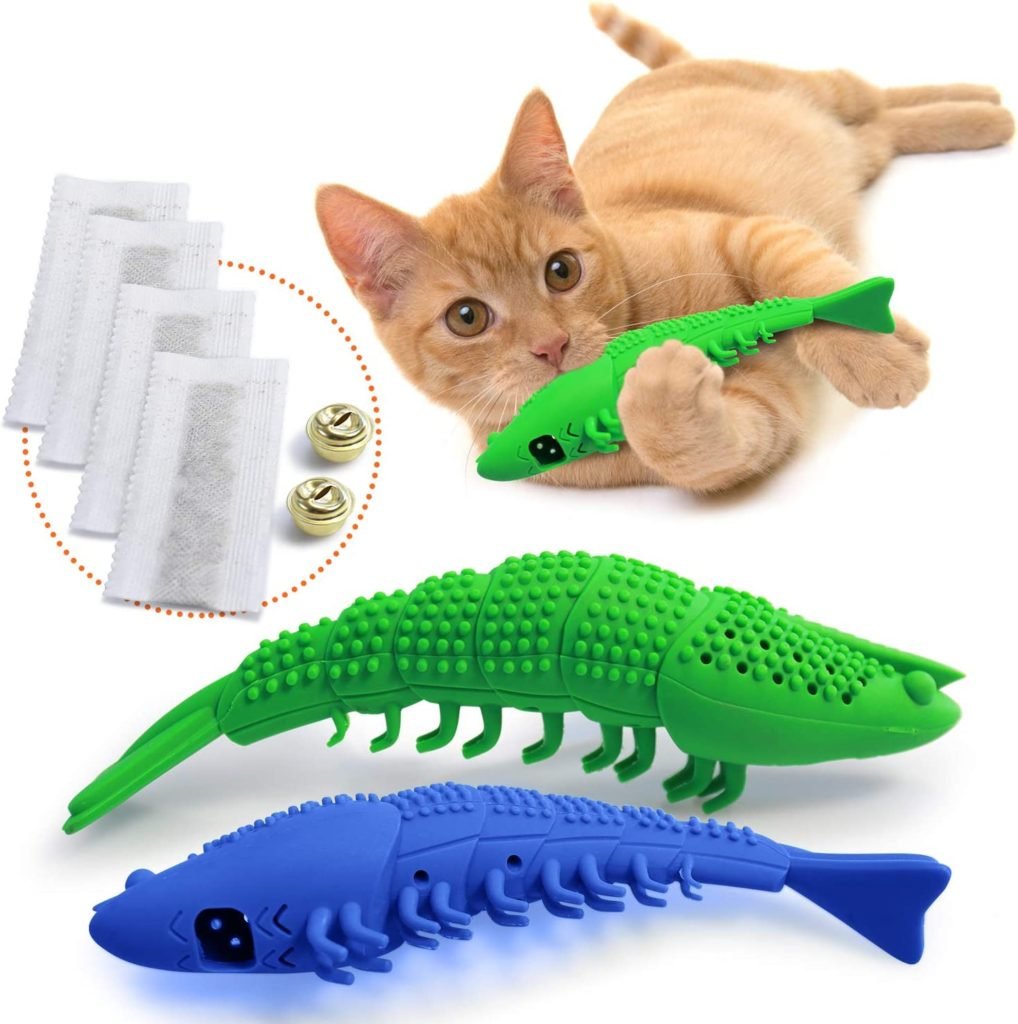Is wet food bad for cats teeth? If you are wondering this, You’re not alone. As a cat owner, it’s essential to consider your pet’s dental health, and there are many myths and misconceptions about what foods are good or bad for their teeth. This article will explore the truth about wet food and its impact on your cat’s dental health.
Benefits of Wet Food for Cats
Wet cat food offers several benefits for our feline friends. Here are some of the most notable advantages:
High Moisture Content Helps Maintain Hydration
Cats are notoriously bad at drinking enough water, leading to dehydration and other health issues. One of the main benefits of wet cat food is its high moisture content. Cats get a significant portion of their daily water intake from their food, making wet food an excellent option for cats who don’t drink enough on their own.
Variety of Textures and Flavors
Cats are known for their picky eating habits, so wet cat food is popular. Wet food comes in various textures and flavors, allowing you to find the perfect match for your cat’s taste preferences. That can also help prevent boredom and keep your cat interested in their food.
Nutritional Benefits such as Higher Protein
Content Wet cat food often has a higher protein content than dry food, which is crucial for maintaining a healthy and active cat. High-quality protein helps support muscle growth, healthy skin and coat, and a robust immune system. Additionally, wet cat food is often lower in carbohydrates and fillers, making it a more nutritionally-dense option for your cat.
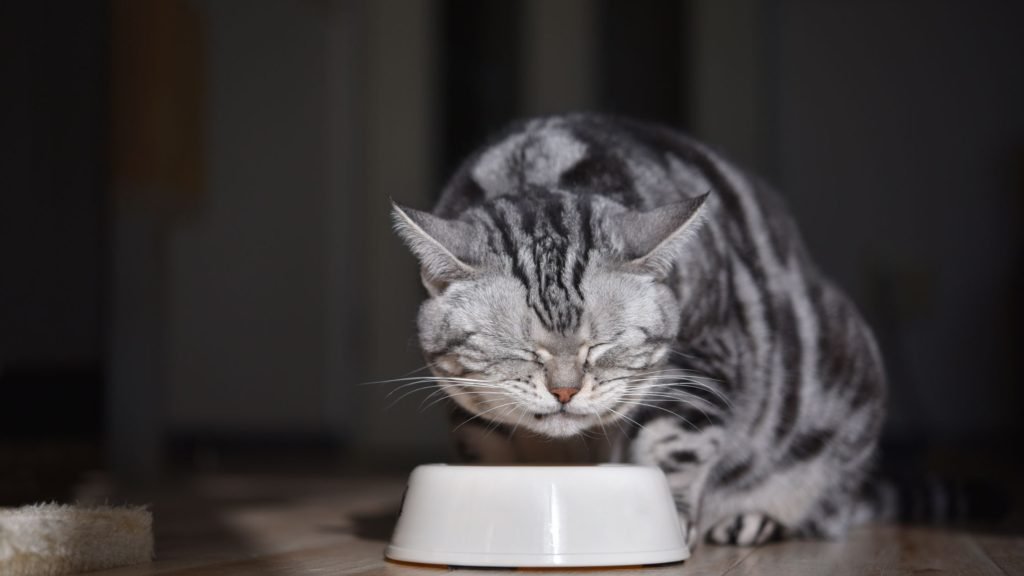
Disadvantages of Wet Food for Cats
While there are many benefits to feeding your cat wet food, there are also some drawbacks to consider:
Potential for Bacterial
Growth and Spoilage, One of the most significant disadvantages of wet cat food is the potential for bacterial growth and spoilage. Wet food is more prone to spoiling than dry food, especially if left out for too long. That can lead to stomach upset, diarrhea, and other health issues for your cat.
Shorter Shelf Life than Dry Food
Wet cat food also has a shorter shelf life than dry food. Once opened, it must be refrigerated and used within a few days, making it less convenient than dry food. If you have a busy schedule or your cat likes to graze throughout the day, there may be better options than wet food.
Higher Cost than Dry Food
Wet cat food can also be more expensive than dry food. That is because it typically contains higher-quality ingredients and has a shorter shelf life, which increases production and shipping costs. While it’s essential to prioritize your cat’s health, the higher cost of wet food may only be feasible for some budgets.
Does Wet Food Cause Dental Disease?
The debate surrounding whether wet food causes cat dental disease has been ongoing for years. Some experts believe that the soft texture of wet food may contribute to plaque buildup and dental problems, while others argue that wet food can help maintain dental health.
Evidence and Expert Opinions on the Topic
There is conflicting evidence regarding the effect of wet food on dental health in cats. Experts believe other factors, such as genetics and overall health, play a more prominent role in dental health. Some types of wet food contain ingredients that can help prevent dental problems, such as enzymes that break down plaque.
Tips for Maintaining Dental Health in Cats Regardless of Food Choice
Regardless of whether you choose to feed your cat wet or dry food, you can take steps to help maintain their dental health. These include regular teeth brushing, providing dental treats and toys, and scheduling routine dental cleanings with your veterinarian.
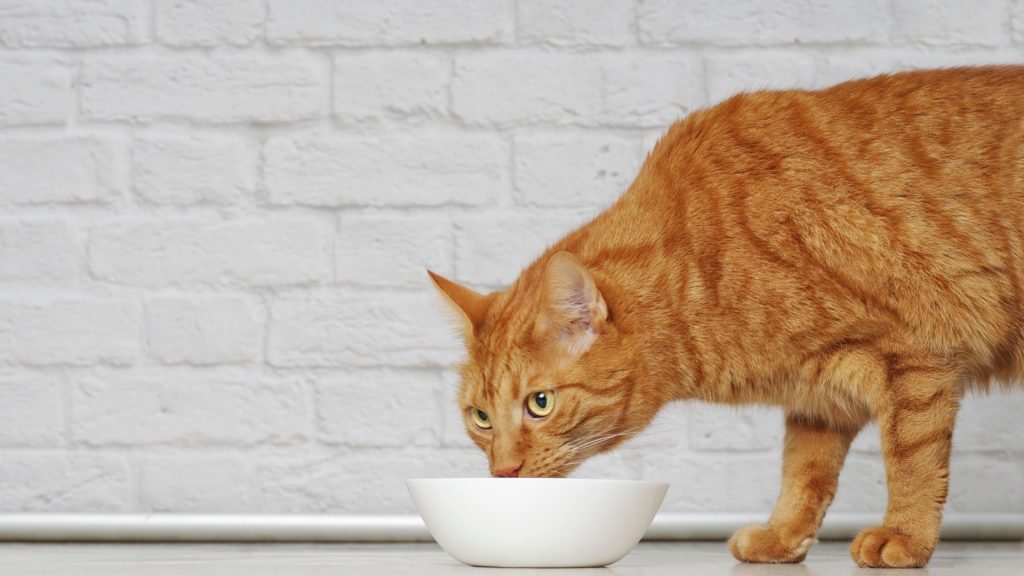
Is Wet Food Too Rich for Cats?
Wet food often contains higher fat than dry food, which can concern some cat owners. While a moderate amount of fat is vital for feline health, excessive intake can lead to obesity and other health problems.
Comparison of Nutritional Content of Wet and Dry Food
Wet food typically contains higher moisture and protein content than dry food, which can be beneficial for maintaining your cat’s overall health. However, carefully reviewing the nutritional content of any food you choose to feed your cat, including wet and dry options, is essential.
Tips for Choosing the Right Food for Your Cat’s Nutritional Needs
When selecting food for your cat, it’s essential to consider its nutritional needs. Factors like age, activity level and underlying health conditions can all impact the type of food that is best for your cat. Be sure to consult with your veterinarian and read labels carefully to ensure you are selecting food that meets your cat’s specific needs.
How to Choose a Wet Cat Food
Choosing the right wet cat food can be daunting, with so many options on the market. Here are some factors to consider to help you make an informed decision.
Factors to Consider
When selecting wet cat food, it’s essential to review the nutritional content and ingredients carefully. Look for food containing high-quality protein sources free from fillers and artificial preservatives. Consider your cat’s dietary needs, such as age, activity level, and underlying health conditions.
Comparison of Different Brands
Different wet cat food brands are available, each with unique formulas and nutritional profiles. Consider reading reviews and researching the brand’s reputation to help guide your decision.
Tips for Introducing New Food
When introducing a new wet cat food to your cat’s diet, it’s essential to do so gradually to avoid digestive upset. Mix a small amount of the new food with your cat’s current food, gradually increasing the fresh food over several days.
Dry Kibble Cat Food Doesn't Clean Teeth
A common misconception is that feeding cats dry kibble can help clean their teeth. However, this is only sometimes the case. Here’s what you need to know.
Explanation of the Myth
The idea that dry kibble can clean a cat’s teeth stems from the belief that the crunchy texture of the food can scrape away plaque. However, while the food’s texture may help remove some surface debris, it is not enough to prevent dental disease.
Expert Opinions
According to veterinary experts, the cause of dental disease is a combination of factors, including genetics, diet, and oral hygiene practices. While dry kibble can contribute to a cat’s overall dental health, it should not be relied upon as the sole method of preventing dental disease.
Tips for Maintaining Dental Health
Whether you feed your cat wet or dry food, it’s important to prioritize their dental health. Regular teeth cleanings can prevent at home with specialized dental products or professional veterinary care. Additionally, providing your cat with chew toys and treats to promote dental health can help keep its teeth clean and strong.
The Pros and Cons of Kibble for Dental Health
Pros of Kibble for Dental Health
One benefit of kibble is its hard texture can help remove tartar buildup on your cat’s teeth. That can lead to improved dental health and prevent issues like gum disease. Additionally, kibble often contains a lower moisture content, which can help prevent bacterial growth and keep your cat’s teeth clean.
Cons of Kibble for Dental Health
Despite these benefits, there are also drawbacks to kibble for dental health. First, the rigid texture of kibble may not be sufficient for removing all tartar buildup on your cat’s teeth. Additionally, some kibble can contain high levels of carbohydrates, which can contribute to dental issues like cavities and tooth decay.
Kibble vs. Wet Food for Dental Health
Wet food may not have the same benefits as kibble regarding dental health. However, it’s important to note that a cat’s overall diet and dental hygiene routine are more significant in maintaining dental health than food.
Tips for Choosing the Right Food for Your Cat’s Dental Health
To choose the right food for your cat’s dental health, consider options high in protein and low in carbohydrates. Additionally, consider incorporating dental treats or toys into your cat’s routine to help maintain dental health. Finally, regular brushing and professional cleanings can also play a key role in keeping your cat’s teeth healthy.
Which food cleans cat teeth?
The role of food in maintaining dental health
While food cannot replace the need for regular dental cleanings, it can help prevent the buildup of plaque and tartar. Chewing helps remove food particles and debris from your cat’s teeth, promoting healthy teeth and gums.
Types of food and their dental benefits
Dry kibble gets promoted as beneficial for dental health due to its crunchy texture. However, there is little evidence to support this claim. Wet food may be more effective at promoting dental health due to its higher moisture content and softer texture. Wet food also tends to have a higher protein content, which can help maintain strong teeth and bones.
Additionally, specially formulated dental diets contain enzymes and abrasives to help remove plaque and tartar.
Tips for choosing the right food for your cat’s dental health
When selecting food for your cat, consider their needs, including age, weight, and overall health. Look for foods that are nutritionally balanced and contain high-quality ingredients. Consult with your veterinarian for recommendations on specific brands or food types that may benefit your cat’s dental health.
Brushing Your Cat's Teeth - A Guide to Maintaining Their Oral Health
Benefits of Brushing Your Cat’s Teeth
Brushing your cat’s teeth is crucial to maintaining oral health. It helps to prevent the buildup of plaque and tartar, which can lead to periodontal disease and other dental issues. Regular brushing can also help freshen your cat’s breath and improve its health.
Tips for Introducing Brushing
Introducing brushing to your cat’s routine can be challenging at first. Still, with some patience and persistence, it can become a comfortable and rewarding experience for both you and your furry friend. Please start by selecting a quiet and comfortable space where your cat feels relaxed, and slowly introduce them to the toothbrush and toothpaste. Gradually increase the time you spend brushing daily and reward your cat with treats and praise for their cooperation.
Expert Opinions
Many veterinarians recommend brushing your cat’s teeth daily as a critical component of their dental care routine. By doing so, you can prevent the need for costly and painful dental procedures down the road. In addition, regular brushing can help to strengthen the bond between you and your cat and make them more comfortable with being handled.


